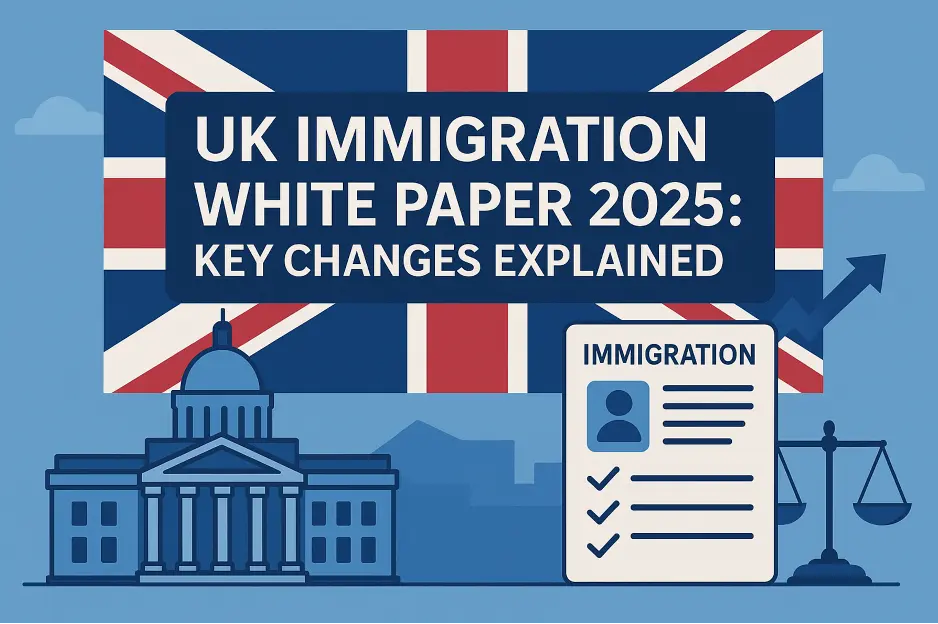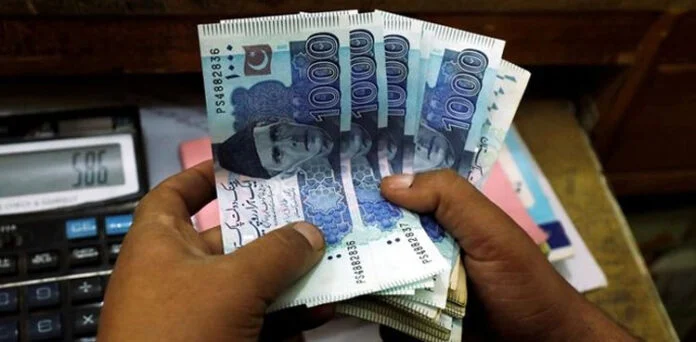
Numerous European Union member states are dealing with labour shortages across different sectors, but this has not stopped some from hiking the salary requirements for foreign nationals who want to obtain an EU Blue Card.
The EU Blue Card gives the right to highly qualified non-EU workers to live and work in a member state provided that they have higher professional qualifications.
To better control migration and only attract those who meet the rules, Austria, Germany, and Hungary are the three EU countries that have raised the salary requirement for foreign professionals who want to obtain an EU Blue Card so far in 2025, Schengen.News reports.
Here are the new salary requirements of Austria, Germany, and Hungary that became effective at the beginning of this year:
Austria
Since January 1, 2025, Austria has been applying new salary requirements for EU Blue Card applicants.
In line with the new rules, foreign professionals who want to obtain Austria’s EU Blue Card now need to prove that they have a €3,678 gross monthly salary. This represents a 7.07 per cent increase compared to the previous year when the monthly salary requirement for this group of applicants stood at €3,418.
The EU Blue Card issued by the Austrian authorities remains valid for a period of two years and the processing time for the document is around eight weeks.
Germany
Effective January 1, 2025, the minimum salary levels in Germany for the EU Blue Cards have changed, depending on the occupation of the applicant.
In line with the new rules, the new minimum salary requirements are as follows:
Foreign workers in non-shortage occupations: This group of applicants now have to prove that they have an annual salary of €48,300 instead of the previous €45,300 requirement to be eligible for the EU Blue Card.
Foreign workers in shortage occupations: the annual salary requirement for this group of non-EU workers applying for an EU Blue Card now stands at €43,759.80, up from the previous €41,041.80.
Young foreign professionals: this group of applicants who have obtained their education qualification three years before applying for the EU Blue Card need to earn €43,759.80 yearly, up from €41,041.80, to be eligible for the document.
The EU Blue Card issued by Germany remains valid for a period of four years. The processing time in Germany for the document can reach a maximum of 90 days.
Hungary
Lastly, Hungary has also been applying new salary requirements for EU Blue Card applicants since January 1, 2025.
In line with the new rules, the minimum salary requirement to be eligible for Hungary’s EU Blue Card currently stands at HUF 883,671 gross per month (€2,166), up from HUF 773,649 (€1,896).
However, as noted by the Hungarian Ministry for National Economy, there are exemptions. General practitioners, pharmacists, optometrists, dieticians and nutritionists, physiotherapists, public health nurses, paramedics, and midwives are subject to a lower minimum salary level.
Foreign workers who have one of the above-mentioned occupations and want to obtain the EU Blue Card of Hungary need to meet the salary level of HUF 706,937 (€1,733).
While the countries mentioned above have hiked their salary levels, Sweden, on the other hand, has simplified EU Blue Card rules for foreign professionals. Since January 1, 2025, foreigners are subject to less strict rules when applying for Sweden’s EU Blue Card.


















